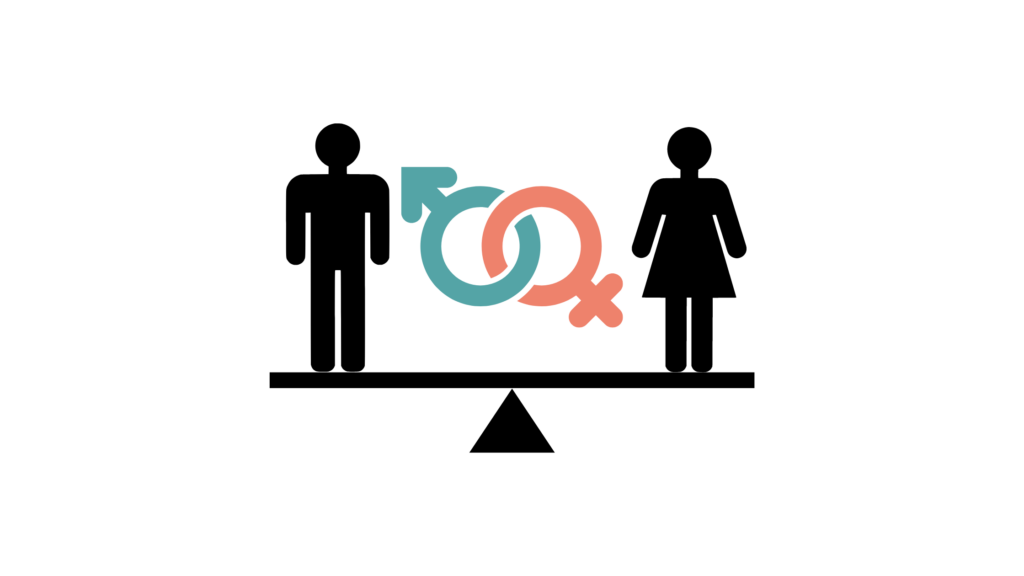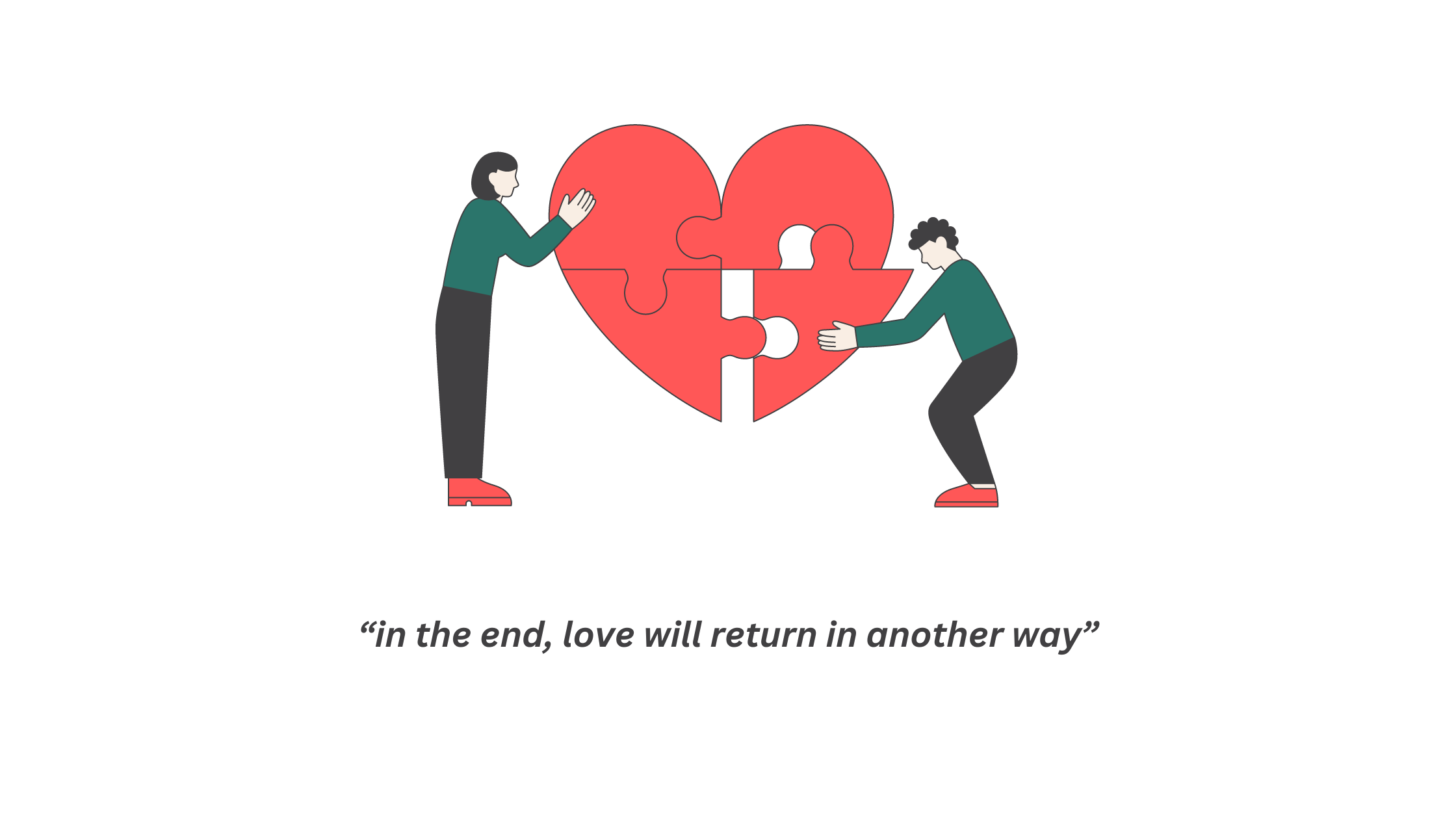Humanism: The Hidden Ingredient of an Equitable Social Order?
The basis of societal structures that defines duties, expectations, and limitations is the imposition of categories, which divide people into binary divisions. The most prevalent division is of Genders. Feminism is a range of political ideologies, social movements, and moral principles that seek to define and uphold political, economic, personal, and social equality between the sexes. It focuses on topics like women’s equal rights and opportunities in all spheres of society, including work, education, politics, and personal autonomy.
Read More: Advancing Women’s Rights in Pakistan: A Doctor’s Perspective
Using a critical lens, feminist thought examines the patriarchal institutions that have historically been present in many countries and promotes several changes aimed at eliminating these power disparities and empowering women. Masculism is a grouping of different movements, ideas, and people who deal with issues that affect and are relevant to men and boys. It can cover a wide range of positions, from supporting more conventional and even patriarchal ideas of masculinity to fighting for men’s equal rights in situations where they might be underprivileged. The scope of masculinist thought has diverse viewpoints, such as resisting detrimental societal norms and bad stereotypes related to masculinity and encouraging wholesome masculinity expressions and positive role models.

While movements such as Feminism, Masculism, and anti-feminism have fervently contested gender-based inequalities, one ideology stands out as a beacon of true equality—Humanism.
What is Humanism?
Humanism champions the recognition of shared humanity as the cornerstone of societal unity, elevating individuals by affirming the inherent worth and dignity of every person -irrespective of gender. At its core, humanism goes beyond gender debates, deeming it unjust to assign roles, strengths, or weaknesses to individuals solely based on their gender.
It is vital to recognize that while sex is biologically determined, gender is a social construct. This mind set is created and instilled in a person as a child and then continues to grow till adulthood. For instance, a boy cannot play with a doll and little kitchen set utensils because it is considered to be girlish stuff. On the other hand girls cannot play with cars, swords and guns because it is considered to be boyish stuff.
Consider the association of physical strength with masculinity, a stereotype that overlooks the athletic prowess of women who have excelled in sports historically dominated by men. From this perspective, athleticism emerges as a trait devoid of gender bias. Similarly, household chores traditionally relegated to women, such as cleanliness and cooking are elemental tasks perfectly feasible for men.
Imagining a World under Humanism
Moreover, humanism rebukes the notion that certain professions or fields are inherently better suited for a particular gender. It advocates for equal opportunity in both the workplace and education, prioritizing merit over gender norms in fields ranging from medicine to engineering. By dismantling these barriers, humanism fosters a progressive and dynamic society where talent and enthusiasm are valued irrespective of gender.
Read More: Echoes of Empathy: Cultivating a New Social Order
In fields like science and the arts, women have historically faced marginalization; their contributions are often sidelined or erroneously attributed to their male colleagues. Humanism insists on the acknowledgment and celebration of contributions made by individuals of all genders, emphasizing the importance of recognizing talents and creativity regardless of gender.
On the top of that, the emotional and psychological dimensions of human experience defy gender-specific categorization. Outdated stereotypes prescribing caring and compassion to women and stoicism to men hinder emotional well-being for all. Humanism advocates for a society where individuals are free to express their emotions without judgment, promoting personal development and self-actualization based on innate strengths and aspirations rather than gender roles.
Is Humanism Even Practical?
This shift towards embracing our shared humanity translates into tangible actions. Educational systems that provide equal opportunities and resources foster the development of each individual’s potential, while workplaces that celebrate diversity create environments conducive to cooperation and creativity. Social policies that ensure equal participation and contribution from all individuals, regardless of biological sex, are imperative in realizing the vision of a just and equitable society.
Humanism is not merely a passive philosophy but a dynamic call to action. It urges us to redirect our focus from gender-specific issues to a broader humanist perspective, recognizing that a society founded on shared humanity is the only path toward true equality. Let us embrace the boundless possibilities of our humanity and transcend the limitations imposed by predefined classifications.

